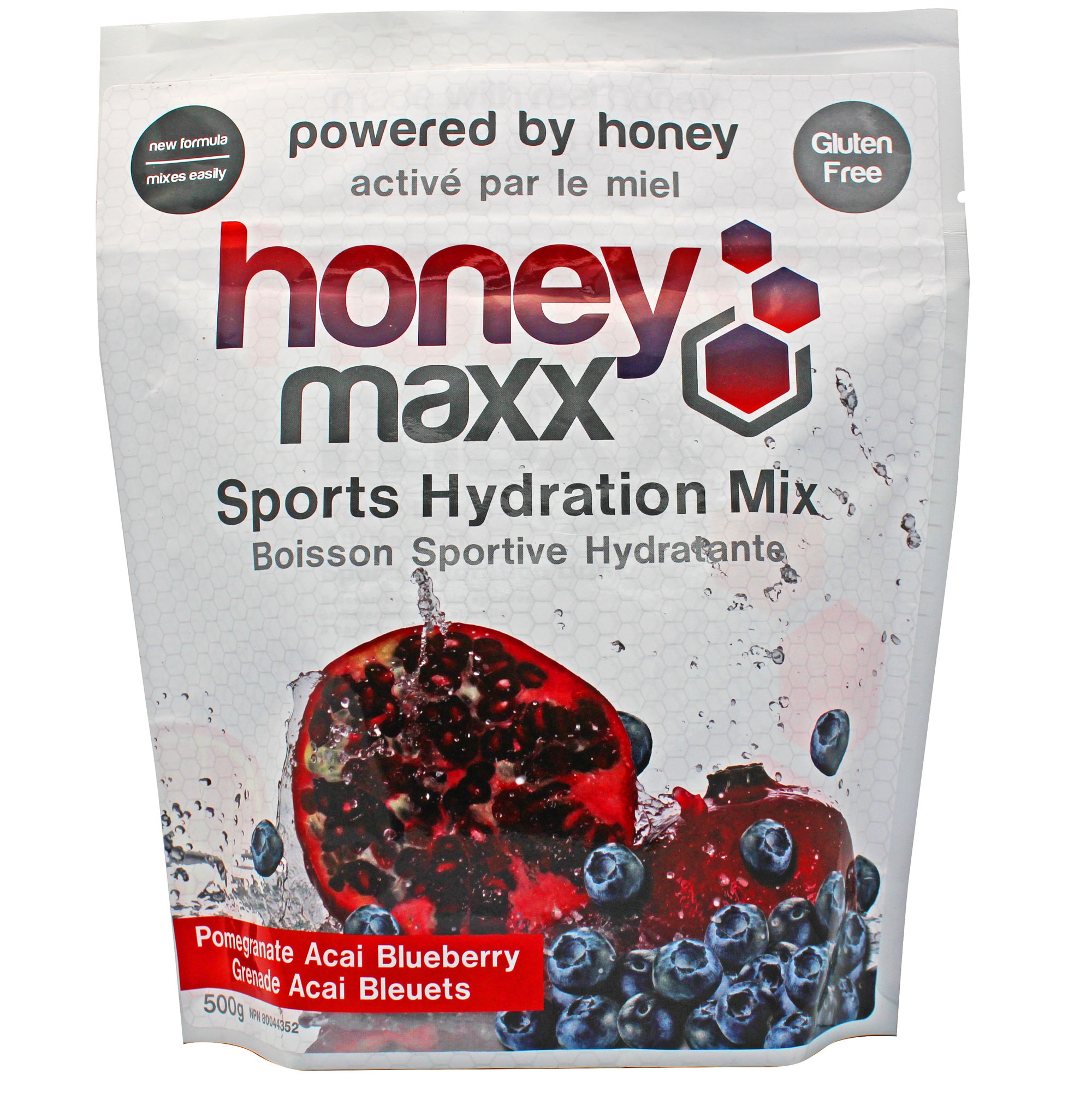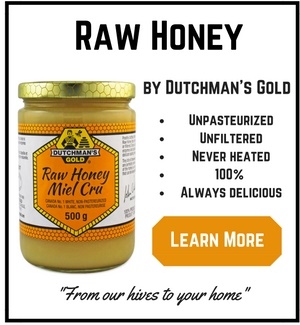Honey Benefits For Athletes
Three studies at Baylor University found honey to be an extremely powerful energy source for athletes while also being cheaper and healthier
Honey was once lumped with sugar as a simple carbohydrate that provides empty calories and promotes the domino effect of hypoglycemia: quickly digested carbohydrates cause a rapid rise in blood sugar, which prompts the pancreas to secrete to much insulin in an attempt to bring the blood sugar to a normal level, which makes the blood sugar drop to low, which can lead to poor performance, dizziness, fatigue or worse.
But recent research has shown that honey might be a simple, effective and inexpensive carbohydrate alternative to sports drinks and bars.
Three of the studies were done by Richard Kreider of Baylor University.
The first trial gave 71 subjects one of seven carbohydrate gels. Honey was found to not induce hypoglycemia, producing only a mild increase in blood sugar and insulin, about the same as a popular commercial carbohydrate product and less than dextrose/glucose or maltodextrin. Kreider said honey actually is a blend of natural sugars and thus takes longer to digest than, say table sugar. He said this study suggested honey could “operate as a time-released muscle fuel for exercising muscles.”
The second study gave protein shakes with different sweeteners to 39 women and men after intense weight training. The honey sweetened shake was the only one to sustain blood sugar over two hours, suggesting to Kreider that honey is a good carbohydrate source to replenish muscles after a workout.
Most surprising was the third study. Nine competitive cyclists received honey, dextrose or a calorie free placebo for each of three weeks, then rode a simulated 40 mile time trial. With both honey and dextrose, the cyclists significantly increased power and speed over those who had the placebo.
This, said Kreider, “convinced us that honey can improve endurance exercise capacity.”
Kreider doesn’t contend that honey is better than other carbohydrates, but is perhaps just as good – and can be significantly cheaper.
Athletes probably need more than what they’d get in those little restaurant packets, he said; about 2 tablespoons or 2 – 3 grams will do.
But Kreider also is interested in possible honey uses by diabetics or people on low glycemic diets. Honey has a moderate glycemic index, which Kreider measured at 43 on a scale that has white bread at 100.
Another study , last year at the University of Illinois, found that on lab tests on human blood, honey slowed the oxidation of low-density lipoproteins (LDL’s, the so called “bad” cholesterol) a process that leads to atherosclerosis, the hardening of the arteries that can bring on heart attack or cardiac arrest.
Recommended: HoneyMaxx Sports Drink
As a nutritionist and athlete, I've tried dozens of sports and electrolyte drinks on my 20 plus years of cycling and running. Not a single one met my standards. They either contained nothing but refined sugars, artificial colors and sweeteners/flavors or they simply bothered my gut. Then I discovered HoneyMaxx, the sports drink made from 'easy on the gut' honey and nothing but natural ingredients. It's also delicious. Read about it hear.
More Benefits of Honey
|
|
|













New! Comments
Do you have something to say about what you just read! Leave me a comment in the box below. I'd love to hear from you!